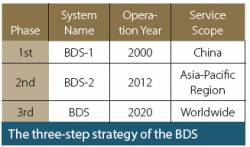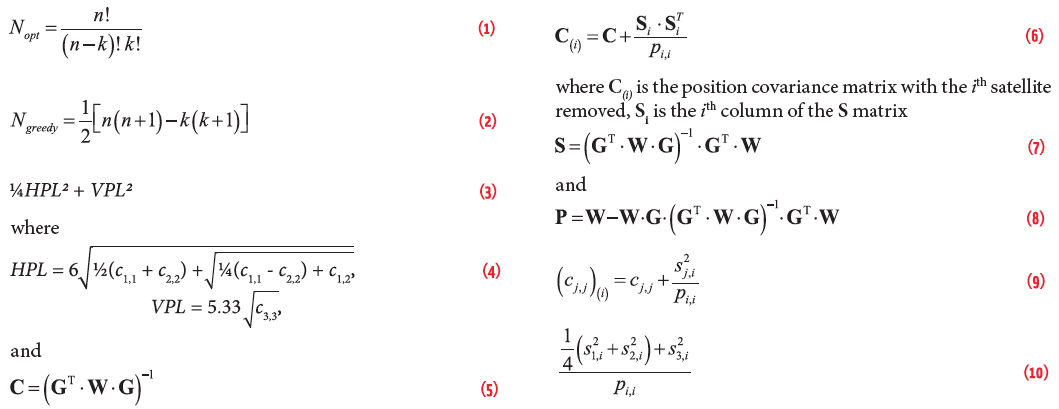As with the notion of “disruption,” unpredictability can be useful. A move in chess or go, for instance. Or in the case of cuisine — say, when usurping Taco Thursday with chicken tagine. Even in negotiations, an unanticipated gambit can change the outcome positively.
Sometimes, of course, unpredictability is in the immanent nature of things. Despite advances in meteorological technology and science, weather continues to prove fickle. Foreknowledge of earthquakes remains difficult to pin down in space and time.
By Inside GNSS
The BeiDou Navigation Satellite System (BDS) is China’s contribution to the world in the domain of Global Satellite Navigation System (GNSS). The BDS is being developed by the Chinese government, mainly through military departments, with key considerations for China’s national security, economic interests and social progress.
By Ingo BaumannQ: Is it possible to build a low-cost system to detect and locate a single GNSS jammer in near-real time?
A: GNSS jammers are an ongoing threat to the reliable use of GNSS. The problem of geolocating GNSS jammers can be addressed using a time-difference-of-arrival (TDOA) processing technique; however, this problem is quite different than geolocating jammers in other radio frequency systems. The two main differences are:
(1) No GNSS are available to use as a timing reference.
By Inside GNSSWashington has seen a lot of transitions, so even amidst political controversy it’s generally business as usual.
For the GPS community that business, at least in the near term, will likely center on changes in federal leadership — with many key appointments, like a new Secretary of the Air Force, still to be determined. In addition — even at this early stage when new lawmakers are still trying to find their offices — there are issues and opportunities worth watching in emerging legislation.
By Dee Ann Divis Equations
Equations Equations
EquationsWorking Papers explore the technical and scientific themes that underpin GNSS programs and applications. This regular column is coordinated by Prof. Dr.-Ing. Günter Hein, head of Europe’s Galileo Operations and Evolution.
By Günter W. Hein